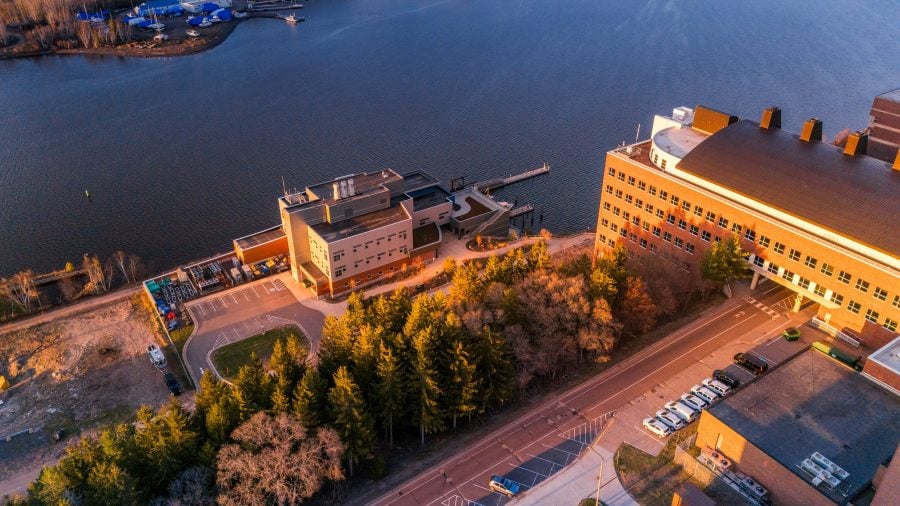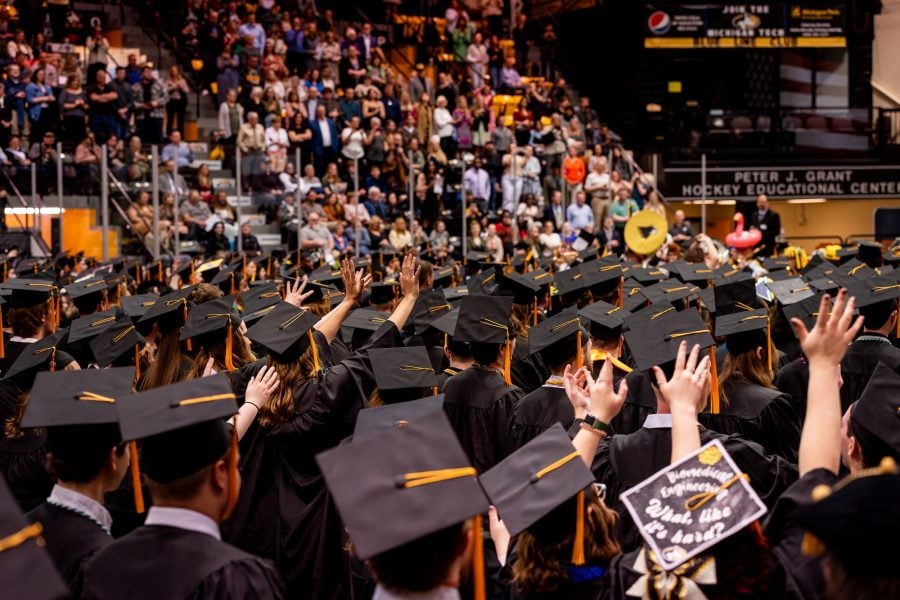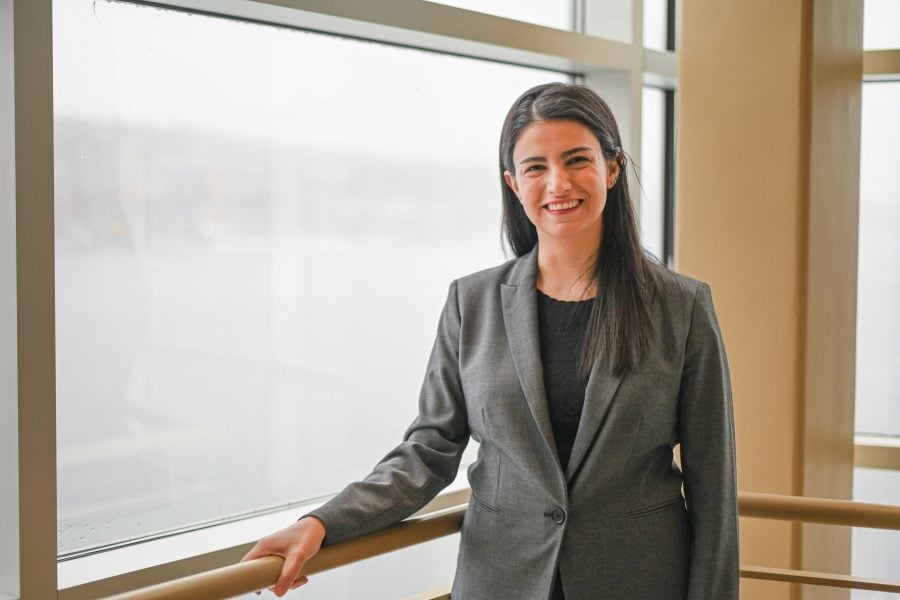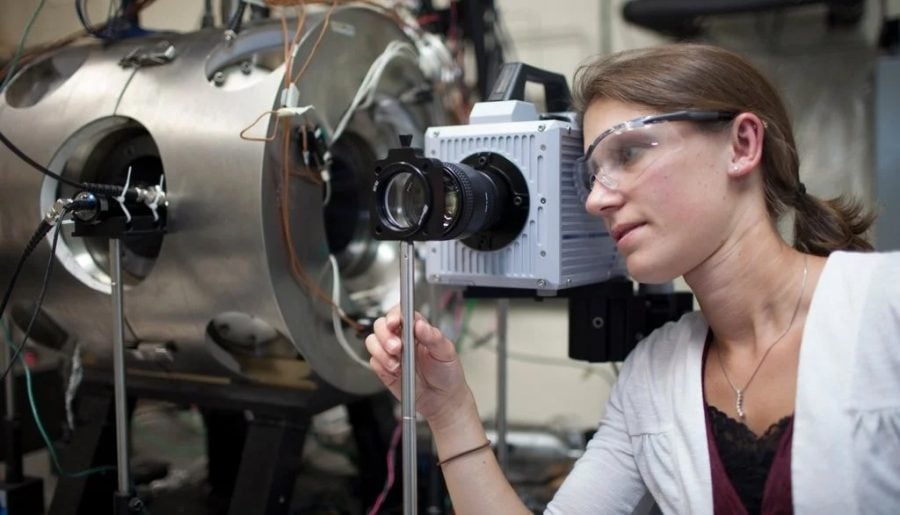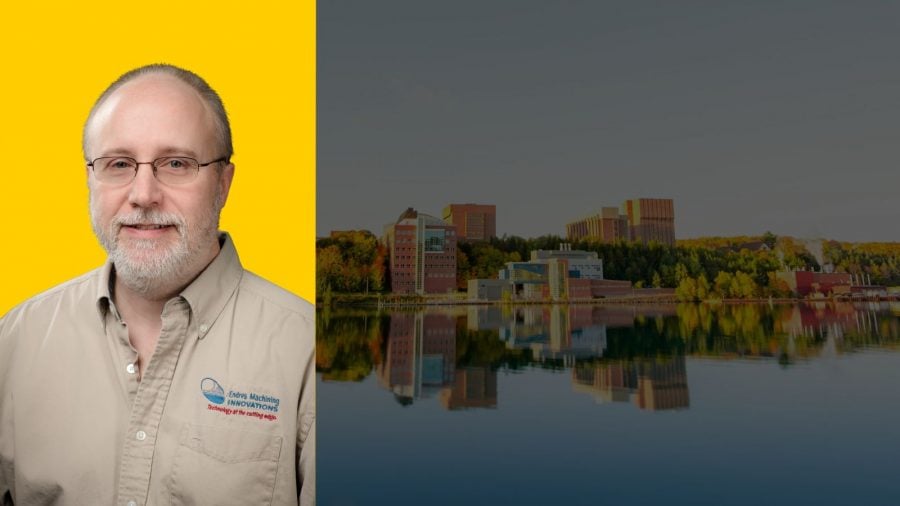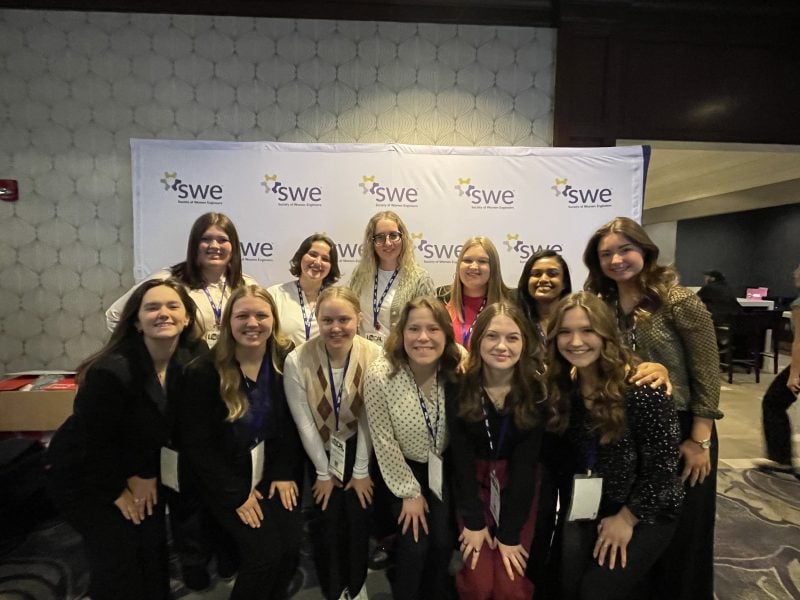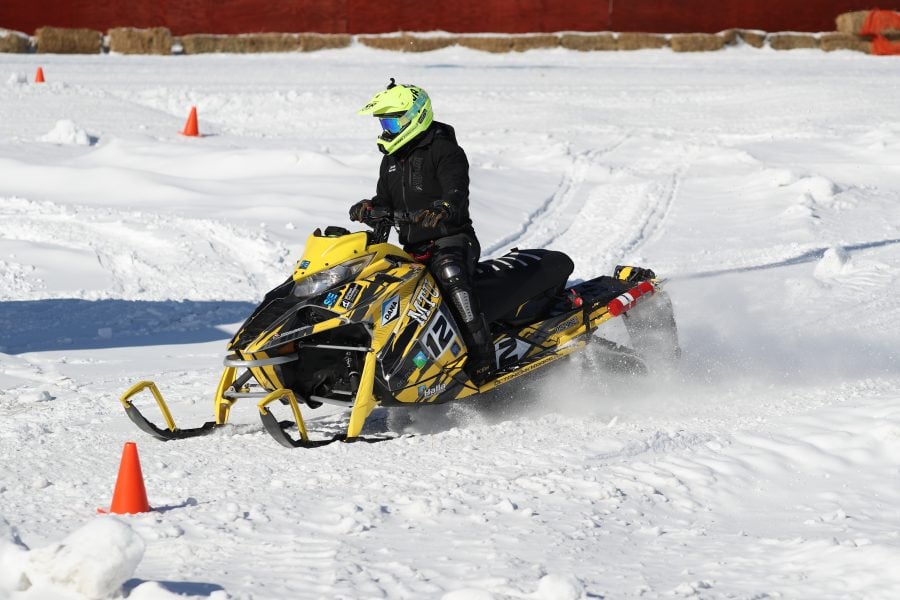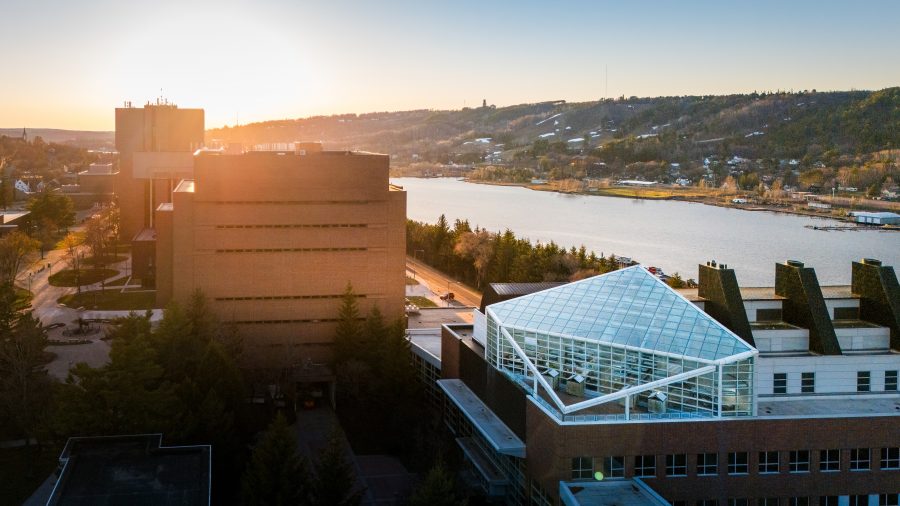
R. Andrew Swartz has been named chair of the Department of Civil, Environmental, and Geospatial Engineering (CEGE) at Michigan Tech’s College of Engineering, effective July 1. Swartz will lead the CEGE department, which supports more than 500 undergraduate students and 100 graduate students, for the 2025-2026 academic year.
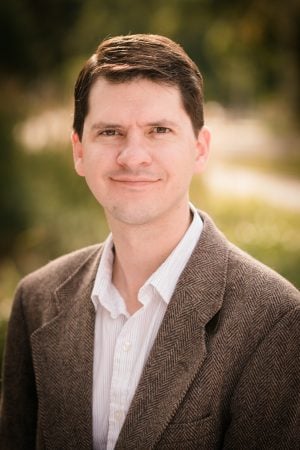
Swartz is an associate professor of civil, environmental, and geospatial engineering and currently serves as the CEGE associate chair of curriculum. He teaches courses on topics of steel design, structural timber design, continuous-system modeling, and advanced structural analysis. Swartz is also an affiliated associate professor of electrical and computer engineering. He serves as the faculty advisor for the student chapter of the American Society of Civil Engineers (ASCE) and the Student Steel Bridge Competition team.
“Andrew is an expert in developing sensors and computing for structural applications and has been instrumental in creating and delivering curriculum to prepare our students to tackle complex infrastructure challenges,” said Michelle Scherer, dean of the College of Engineering. “Andrew brings a strong background of leadership in structures research and engineering education, and I’m looking forward to working with him and CEGE to continue to lead the way in engineering a better world.”
An MTU alumnus, Swartz earned his BS in civil engineering before going on to receive his MS in civil engineering, MS in electrical engineering: systems, and PhD in civil engineering from the University of Michigan. His research interests include applications of sensors and computing for structural systems including load characterization, structural health monitoring, and structural control for civil infrastructure assets such as buildings, bridges, pipelines, wind turbines, roadways, and railroads.
